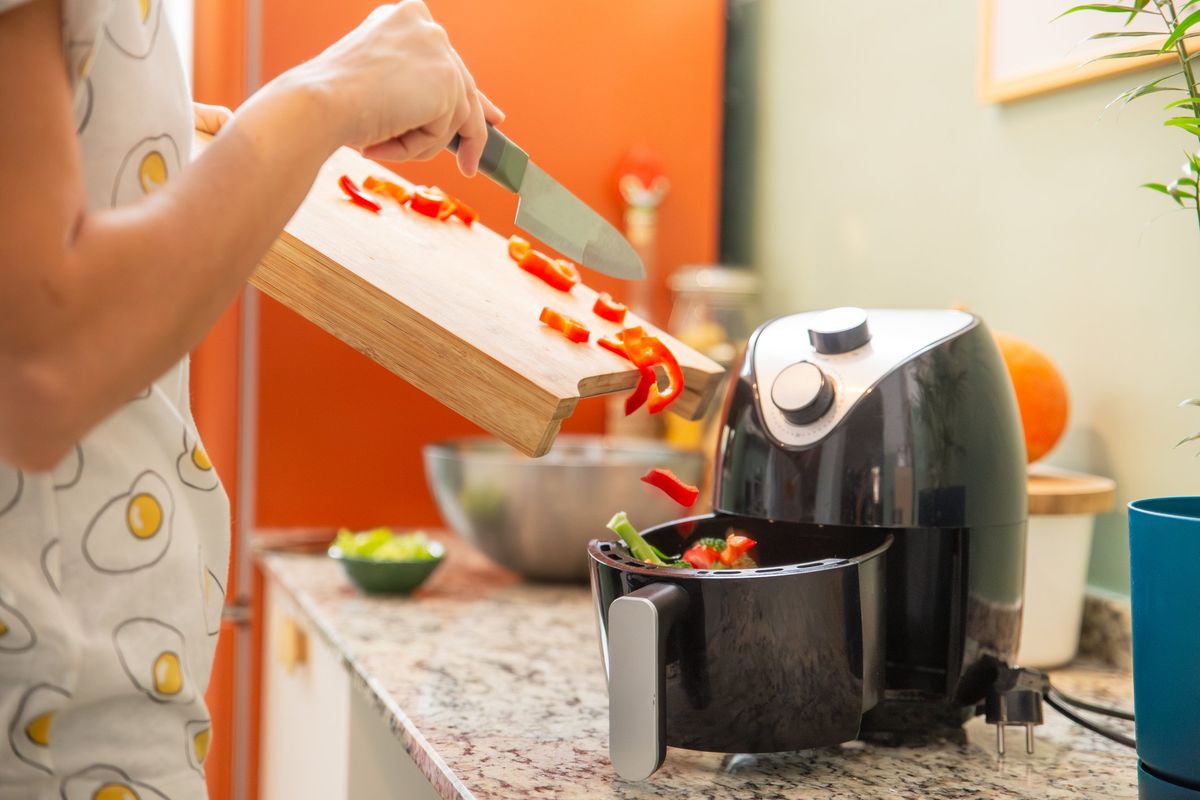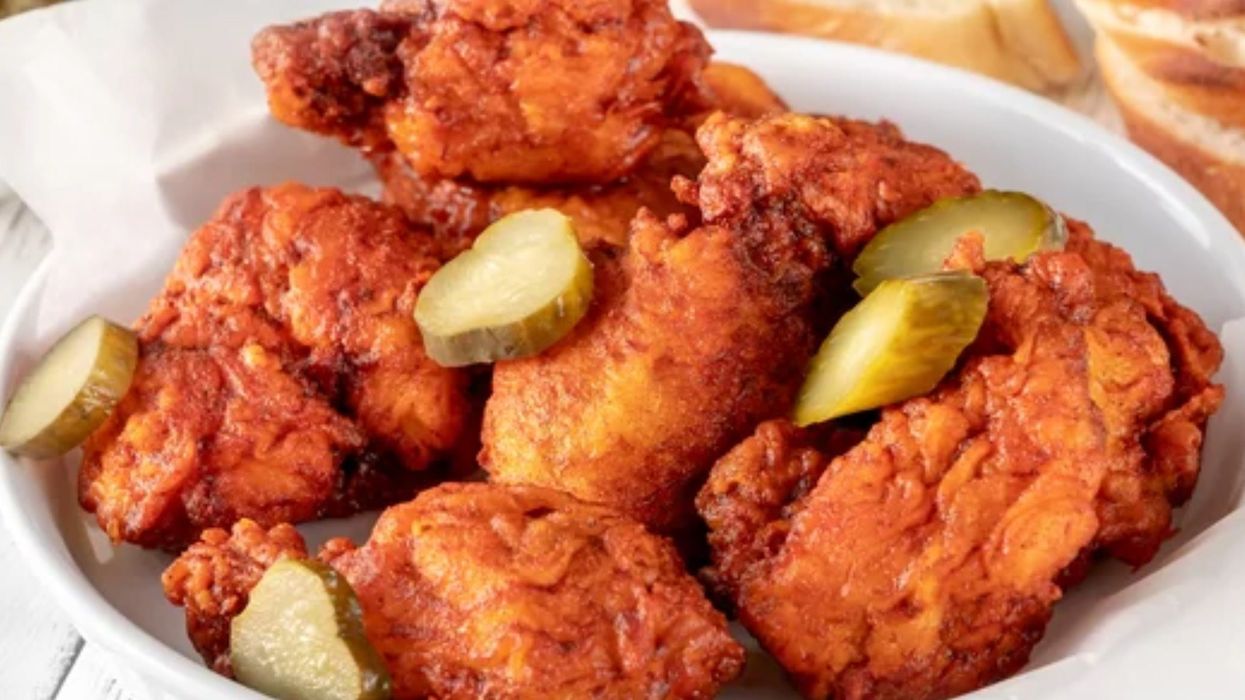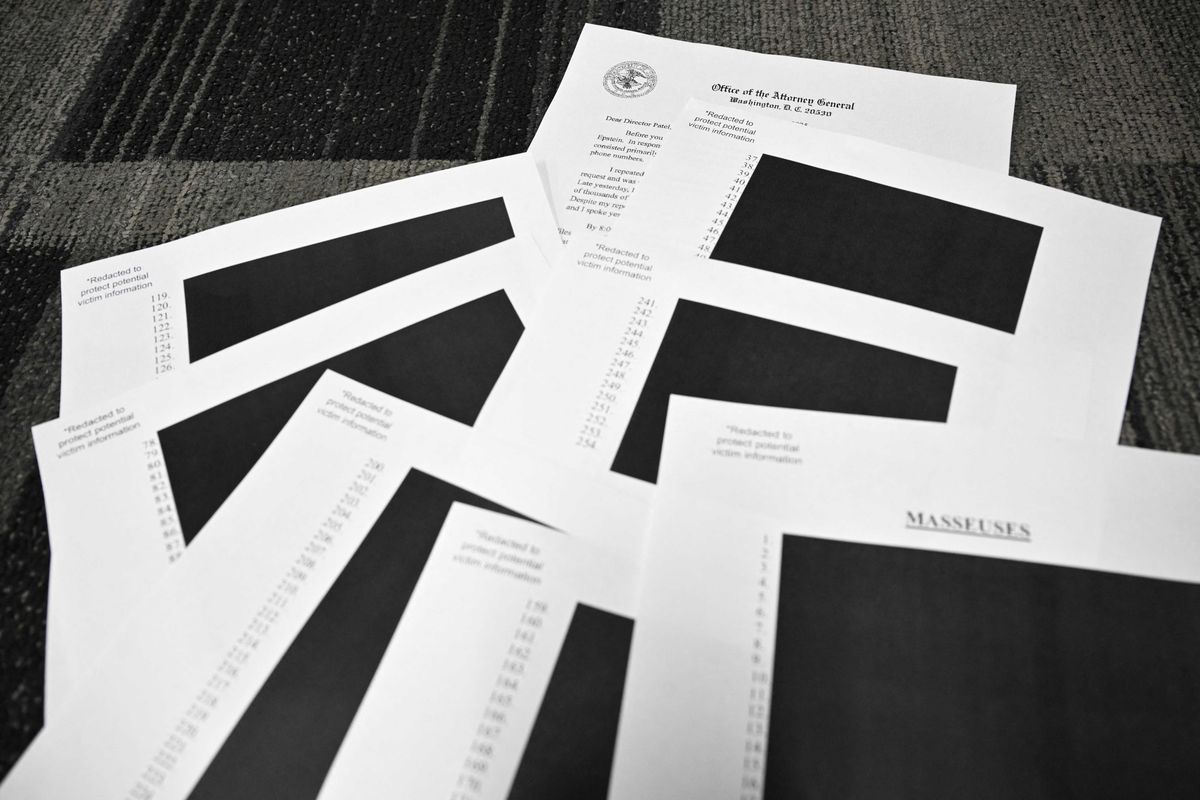The air fryer has become a kitchen staple in many households in recent years.
In fact, a Good Food Nation survey found that air fryers are now the third most-used appliance in kitchens across the UK after toasters and microwave ovens.
There have been some concerns about the kitchen appliance spying on us after Which? revealed evidence of air fryers listening in on conversations. The products they tried "wanted permission to record audio on the user’s phone, for no specified reason".
But there is some good news about air fryers - it's the least likely to cause indoor pollution, say researchers at The University of Birmingham.

Cooking inside is a major source of indoor pollution and so the team decided to compare the popular cooking methods - pan frying, deep fat frying, air frying, stir-frying and boiling - and did so by cooking a chicken all these different ways.
For each method, the researchers recorded the amount of particulate matter and volatile organic compounds released into the air.
What's more, despite the cooking time for the chicken being 10 minutes for each method, it was found that the pollutants remained in the air for well over an hour after cooking.
So which cooking method was the worst pollutant?
It's bad news if you love pan frying as this came out the worst, as this method released 92.9 micrograms per cubic metre of air, this was followed by stir-frying at 26.7, then deep-frying at 7.7.
In second place was boiling at just 0.7, and air frying came out on top at 0.6.
The experts measured volatile organic compounds in parts per billion (ppb), which were as follows - pan frying (260 parts per billion), deep frying (230 parts per billion,) stir-frying (110 parts per billion), boiling (30 parts per billion) and finally the air fryer won once more (20 parts per billion).
However, it is important to note other important factors that would affect indoor pollution while cooking such as 'amount of oil used' as well as 'the temperature of the stove', says the study's lead author, Professor Christian Pfrang of the University of Birmingham.
"It’s also really important to understand that particles will remain in the air for quite some time after you have finished cooking, so continuing to ventilate, or keeping extractor fans turned on for a period of time will really help to avoid the build-up of this indoor pollution and reduce the potential for the pollutants to be transported and distributed throughout the house with the associated higher personal exposures," he explained.
Something to remember next time you go to use a frying pan, instead of your air fryer...
Elsewhere, half the UK population confess their diets are influenced by trending TikTok meals.
How to join the indy100's free WhatsApp channel
Sign up to our free indy100 weekly newsletter
Have your say in our news democracy. Click the upvote icon at the top of the page to help raise this article through the indy100 rankings.














